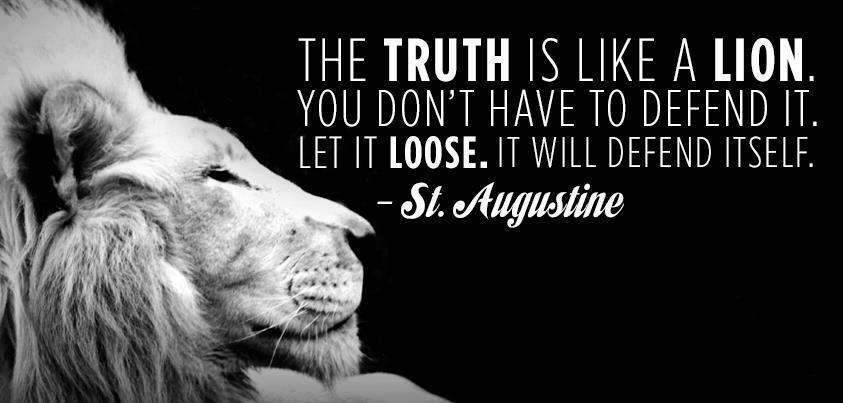Integrity, transparency, and anti-corruption are the qualities we want in our public officials. So begins an article in the Reconciliation and Unity column of the Catholic Times.
Many are the words used to express these qualities but these principles are the basic virtues we demand of politics and society. The power to allocate resources, observance of given laws, institutions and norms justly managed are seen as major steps in the development of democracy.
Power can be expressed not only in state affairs but also in relationships that appear in everyday work or group life. The degree of fairness and justice are also key indicators for assessing the development of democracy in a particular country.
When discussing North Korea, it is not easy to argue whether the system is fair and just. The anti-smoking law was adopted in North Korea, but it became a hot topic when a photograph of the head of the Labor Party Kim Jong-un had a cigarette in his hand despite the law.
It is the testimony of a large number of North Korean defectors that bribes in the relationship between the bureaucrat who manages the marketplace and the intelligence agency that monitors the residents and the market trader are prevalent. Even at the high level of politics, the main elites who assist the present leader are often inherited from the past.
The basic order of democracy aims for an open society where everyone gets equal opportunities, the process is fair, and the results are just. North Korea is a closed society where social status is determined by birth and the system operated by the leader's desires rather than the rule of law, corruption and unreasonableness continue to spread.
For this reason, our gaze on North Korea is focused on how and when North Korea will enter the liberalization that must accompany growth and development, and how long the North Koreans will endure the present system? Furthermore, the authoritarian regime in North Korea needs to change. Some even fall into matters where there may be justification for punishment and sanctions to be imposed.
Regarding how to lead others in a good direction, the Gospel of Luke recommends that "if your brother sins, enlighten him" (Lk 17:3). Blame is not a basis for hate and exclusion, but when it comes with a willingness to help until it changes, it becomes a good act. Until North Korea turns to the path of an open society little by little, what we need will be faith towards them, hope not to give up, and ultimately love.
